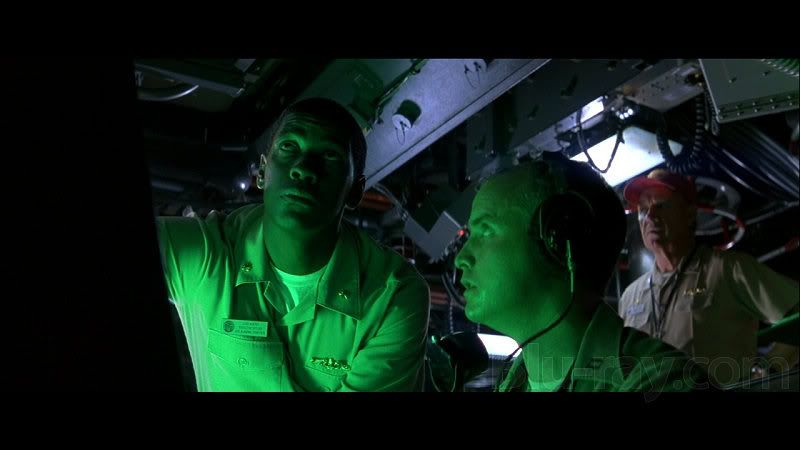Connor MacLeod wrote:It also forces you to really do the research (or have the right people with the right knowledge available) and that can add complexity or difficulty to the writing process (at the very least it will be time consuming, even if it doesn't affect the writing itself in any way.)
I think a lot of that depends on how you treat the science in the story. If the tech and science is mostly background then all you really need to write hard SF is a basic understanding of principles and limits (lightspeed limit etc.).
There's also the dating problem. Something we may or may not think is possible now could be possible ten or twenty or a hundred years from now. (think lensman and the absence of any real automation or computers as we think of it. That's a real hard issue to explain IMHO.)
This is why I think trying to predict the real future is probably futile. A better standard is "plausible enough". And being liberal with your tech assumptions has its own problems. You mentioned how magitech can write you into a corner drama-wise, but very powerful hard SF tech can easily do the same thing. I encountered exactly this problem in my own writing efforts, when I was still trying to write what I thought was a plausible future. The tech was so powerful that it made a lot of the stories I might have told difficult or impossible. Mysteries and problems I might throw at the characters should be easily solveable just by throwing supertech at it. In the end I decided to go the Dune route and have the technology be artificially restricted by political factors, and all of a sudden it became much easier to have the kind of setting and stories I wanted, now that I wasn't constantly worrying about "but dude it's 500 years from now they really would probably just be able to do X".
Firepower is a good example.<snip>
I think that very often high firepower actually creates more problems than it solves, from a writers' perspective. Consider the popularity of energy/force "shields" in soft SF. What does this technology do, from a dramatic perspective? Why, it solves the
problem of high firepower! You have ships shooting at each other with megaton/gigaton/whatever weapons - so they just hit the other ship and the other ship blows up. But that's boring*! It's much more exciting if the ship can take some hits and survive! Its visually more dramatic to have ships pounding away at each other! You can have damage, stuff flying around, wounded, damage control teams running around putting out fires and stuff! The ship can be crippled and you can have a great dramatic close-up of the Captain painfully conceeding defeat and giving the order for surrender or abandon ship! But that doesn't make any sense if the weapons are really powerful... so we invent this "shield", which magics away all the power of the enemy's weapons except what's conducive to drama!
* Not necessarily, but it does make you work a little harder to keep it interesting.
But I think this is really a problem most fiction brings upon itself unnecessarily. Just thinking about Star Wars and Star Trek, all the examples I can think of where high firepower is plot important are where they're going to mess up a planet - but you don't need battle weapons to be really powerful for that. You can find a suitable asteroid, chuck it at the planet - and this very conveniently is something that takes too long to be useful in a ship to ship fight! Or if that takes too long, you can have powerful magitech strategic weapons of some kind, but they're too unweildy to use against enemy warships.
You could say that travelling in space really fast should imply powerful weapons just because kinetics will be really dangerous because of relative velocities, but this isn't too hard to solve. Lasers are good enough that missile weapons are fairly useless, but they're still relatively weak because of power and cooling considerations - so ships shoot each other with lasers, but it takes a while for them to completely destroy each other this way.
Mind you, I get what you're saying generally, but I think this is one particular area where a lot of writers actually use magitech counterproductively for their own dramatic needs.
That's kind of why I tend to view it as a matter of degree. Some people will be comfortable with a greater degree of "magic" and less "hardness", while others won't like that or feel comfortable with it and may wnat to go "harder".
Yeah definitely. I'd say something like
this is the right general idea, although one may disagree with some of the specifics.



